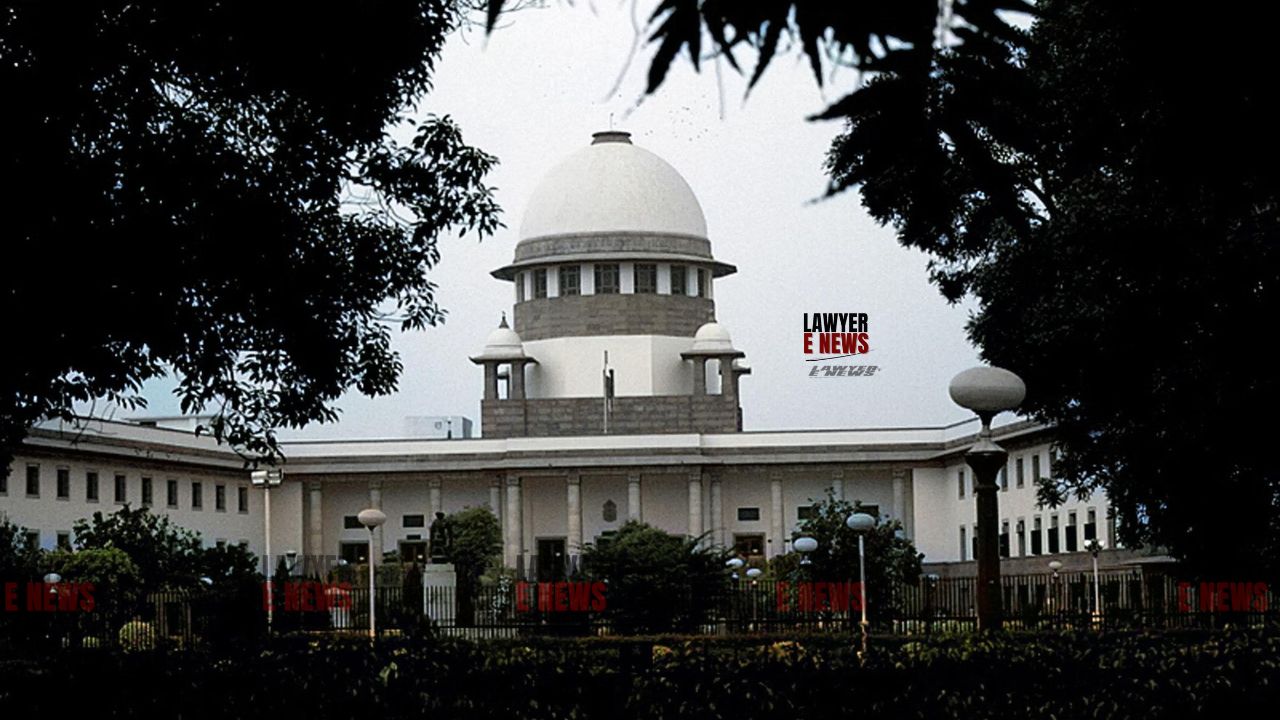-
by Admin
15 February 2026 5:35 AM



In a significant judgment delivered on September 19, 2024, the Supreme Court of India in the case of Sushma v. Nitin Ganapati Rangole & Ors., addressed the issue of contributory negligence in motor accident claims. The case revolved around the reduction of compensation to the claimants on the grounds of contributory negligence attributed to the driver of the car in which the claimants were passengers. The Court held that passengers cannot be held liable for the driver's negligence and reinstated the full compensation awarded by the Tribunal.
The incident occurred on August 18, 2013, when a car collided with a stationary 14-wheeler truck that was abandoned in the middle of a highway without any warning signs or lights. Several passengers in the car were killed, while one, Sushma, sustained serious injuries. The claimants, survivors and legal heirs of the deceased, filed for compensation under the Motor Vehicles Act, 1988. The Tribunal found both the truck driver and the car driver equally responsible for the accident and reduced the awarded compensation by 50% on the grounds of contributory negligence. The High Court affirmed this decision but enhanced the compensation amount.
The primary legal question was whether the principle of contributory negligence applied to the passengers of the vehicle, and if so, whether the compensation could be reduced on that basis. The appellants argued that the truck was negligently parked, creating a hazardous situation on the highway. The lower courts held that the car's driver could have taken evasive action, applying the principle of "last opportunity" to avoid the accident, thereby attributing contributory negligence to the car driver.
However, the Supreme Court found this reasoning flawed, noting that there was no evidence the truck had taken any precautions to warn oncoming traffic, such as flashing lights or markers. Further, the Court emphasized that contributory negligence cannot be vicariously imputed to the passengers of the car. Quoting Union of India v. United India Insurance Co. Ltd., the Court reiterated that "the negligence of the driver of a vehicle cannot be imputed to its passengers."
The Supreme Court overturned the lower courts' findings on contributory negligence, emphasizing that the truck had been left in violation of Sections 122, 126, and 127 of the Motor Vehicles Act, 1988, which prohibit leaving vehicles in a manner that obstructs or endangers other road users. The Rules of Road Regulation, 1989 were also referenced, underlining the duty to ensure that stationary vehicles on highways do not pose hazards.
The Court stated, "The driver’s negligence cannot be transferred to the passengers, and the deduction of compensation on this basis was unjustifiable." The Court cited Archit Saini v. Oriental Insurance Co. Ltd., which clarified that the principle of contributory negligence does not apply to passengers if they have no control over the vehicle.
The Court restored the full compensation amounts as originally awarded by the Tribunal, with the insurer of the offending truck held jointly and severally liable with the truck’s owner to pay the claimants.
This ruling reinforces the established legal principle that passengers cannot be held liable for the actions of the driver under the doctrine of contributory negligence. The decision has a profound impact on motor accident claims under the Motor Vehicles Act, emphasizing that compensation awarded to victims should not be unjustly reduced due to factors beyond their control.
Date of Decision: September 19, 2024
Sushma v. Nitin Ganapati Rangole & Ors.
